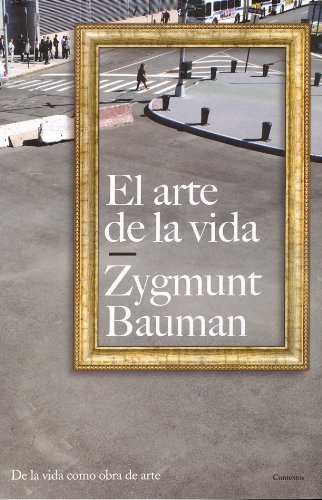What do you think?
Rate this book


176 pages, Hardcover
First published January 1, 2008
So we are all artists of our lives - knowingly or not, willingly or not, like it or not. To be an artist means to give form and shape to what otherwise would be shapeless or formless. To manipulate probabilities. To impose an 'order' on what other would be 'chaos': to 'organize' an otherwise chaotic - random, haphazard and so unpredictable - collection of things and events by making certain events more likely to happen than all the others
All things of the body stream away like a river, all things of the mind are dreams and delusions... What then can escort us on our way? One thing, one thing only: philosophy.
Indeed, unlike in the case of 'uprooting' and 'disembedding', there is nothing irrevocable, let alone ultimate, in drawing up an anchor. When they are torn out of the soul in which they drew, roots are likely desiccate, killing the plant they nourished and making its revival border on the miraculous - anchors are drawn up only to be cast out again, and they can be cast out with a similar ease at many different, near or distant ports of all.